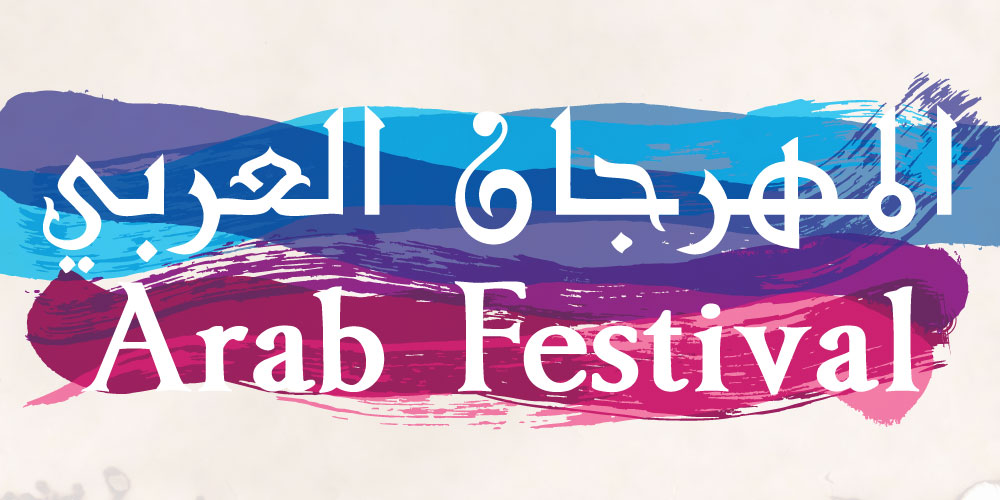In the past, while the unions of Arabic books, public and private cultural institutions didn’t exist or were in the founding stage, we used to have special magazines that represented real interaction means among poets, writers, critics, and the Arabian reader.
Thanks to a magazine like “Al-Risala” owned by Ahmad Hasan al-Zayat founded in 1933, Arabs met the first free verse poem ‘Cholera” written by the Iraqi poet Nazik Al-Malaika in 1947, which raised debates across the Arab world. Thanks to another magazine like Al-Adab for Suheil Idriss; “Al-Adib” for Albert Adeeb; and later on ‘She’r” magazine for Yussef Al-Khal, Arab readers from all regions knew Iraqi, Egyptians, Lebanese and Syrian poets including Ounsi el-Hajj and Ahmad Matar.
Would modern poetry had spread or realized its biggest revolution or would the Arab Arab reader have heard about those poets and their leading experiences without these national magazines? We doubt that; rather, the new wave of literary works could had been limited within the borders of the poem’s country or needed a long time to reach the other Arab cultural field, like what’s happening during these days.
These magazines were the reason behind the fame of the aforementioned poets in the Arab world.
However, the most important thing is that they have created a sort of real interaction among Arab writers and critics and provoked cultural debates that advanced the cultural and literary movement in a short time; at the same time, they provided the writer with a remarkable knowledge on different cultural schools.
The objective here is not to highlight the achievements of those magazines, but to point to their absence, which triggered a huge need for real interaction among the Arab cultural elite.
Our world is rich of festivals and ceremonies that are retake place with the same figures without significant results. All these events have failed to fulfill the vital beneficial role played by the four or five magazines that brought a fruitful interaction among Arab intellects despite their limited sources and staff; those magazines believed in their cultural message and neglected social appearances.
Unfortunately, all festivals and events that have been held in our days depend on spending huge amounts of money and holding attractive celebrations; however fail in leaving any impact by the end of the ceremonies.
